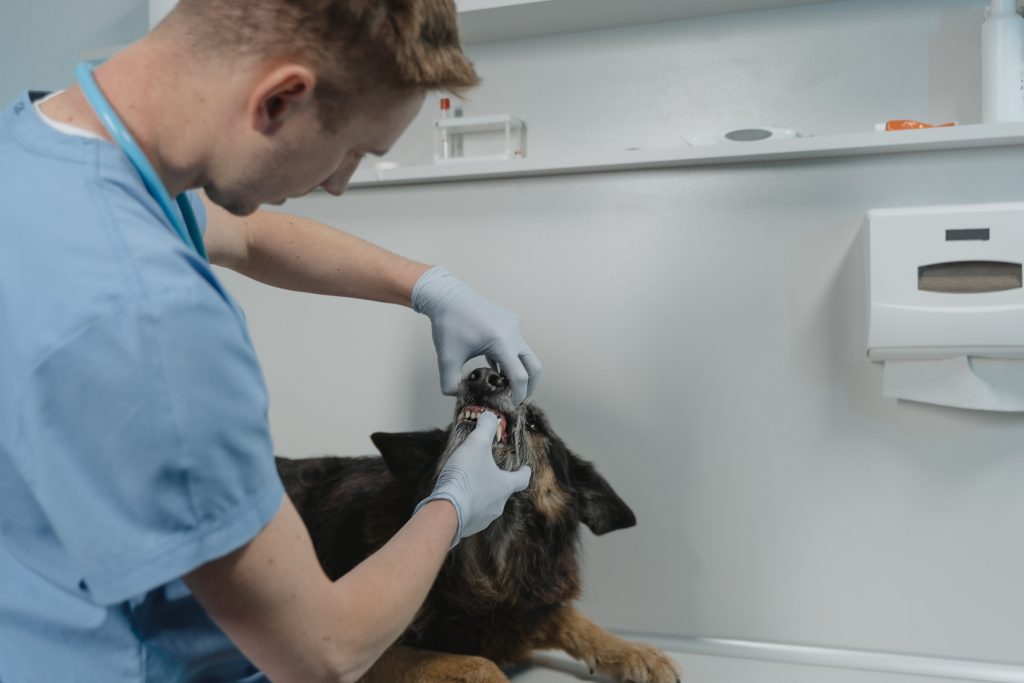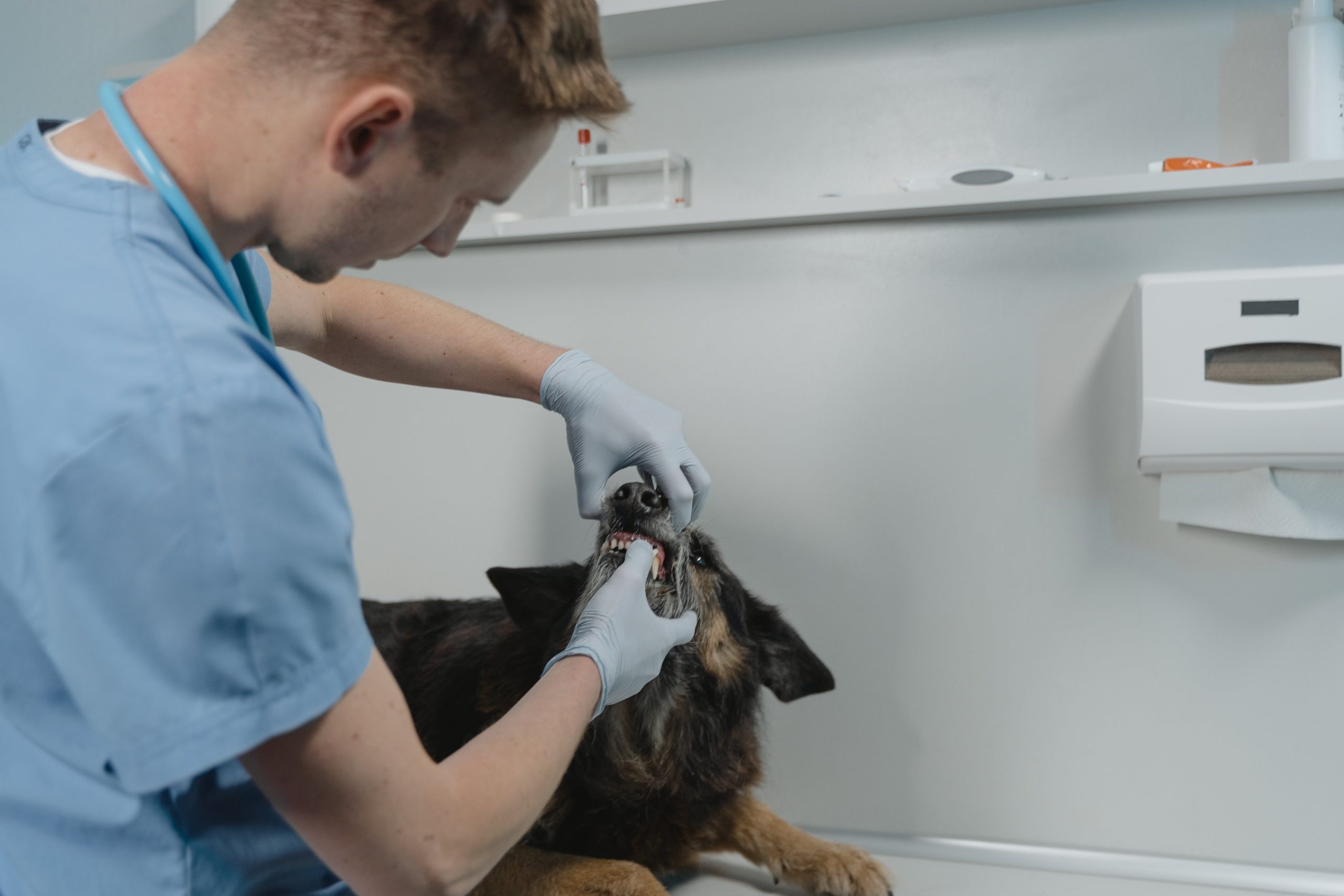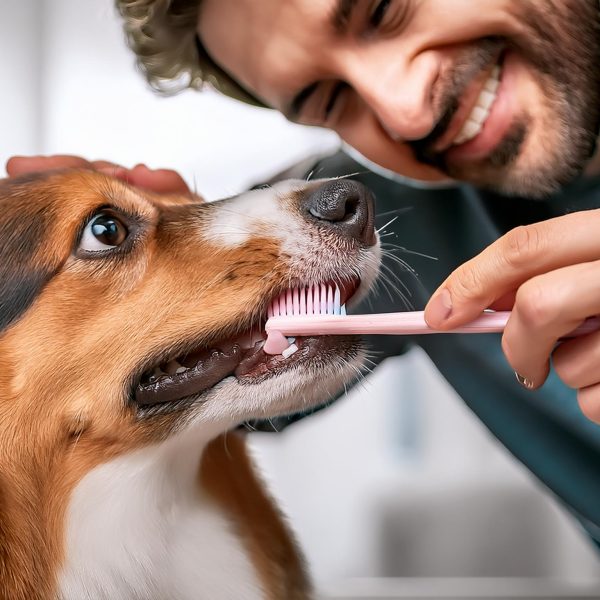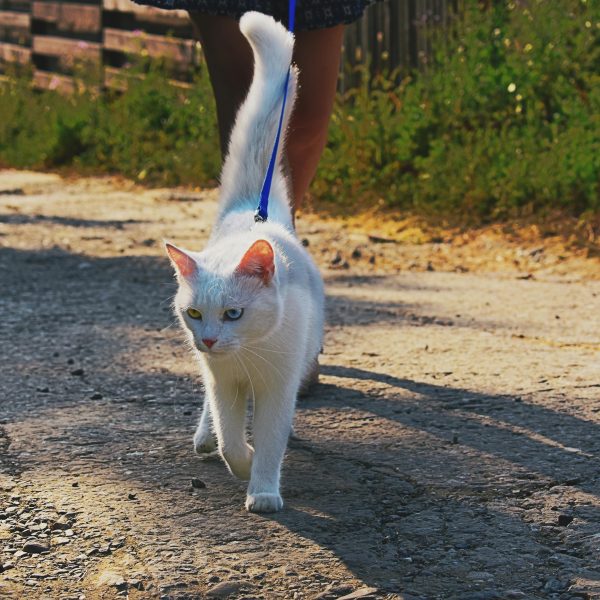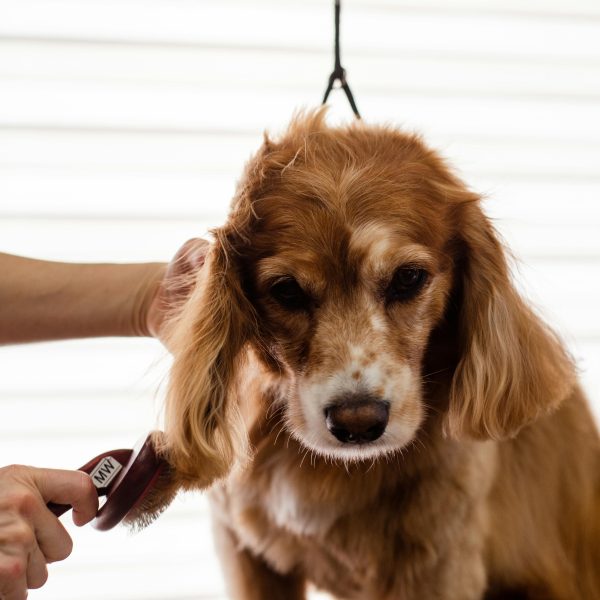Ensuring the health and happiness of our pets involves more than just a balanced diet and regular exercise. Often overlooked, dental care plays a vital role in a pet’s overall well-being. In this guide, we will explore why dental care is essential for pets and provide practical tips to prevent gum disease.
Understanding the Significance of Dental Health in Pets
Similar to humans, our furry companions require good dental health to lead a pain-free and healthy life. Neglecting their hygiene can result in various dental issues, with gum disease or periodontal disease being the most common.
Common Dental Problems in Pets:
- Gingivitis: Inflammation of the gums, characterized by redness and swelling.
- Periodontitis: A form of gum disease that affects the supportive structures surrounding the teeth.
- Tooth Decay: Cavities or decay can occur, causing discomfort and pain.
- Bad Breath (Halitosis): Foul-smelling breath can indicate underlying problems.
By following guidelines and taking measures, you can ensure that your pet enjoys optimal oral health and avoids potential complications associated with gum disease, including tooth loss.
Consequences of Poor Dental Health:
- Pain and Discomfort: Dental problems can cause pain, negatively impacting a pet’s well-being.
- Difficulty Eating: Painful gums or missing teeth can make eating a task for pets.
- Systemic Health Effects: Left untreated, dental issues can contribute to health problems affecting organs such as the heart, liver, and kidneys.
Tips for Preventing Gum Disease and Maintaining Oral Hygiene
Preventing issues is crucial for your pet’s health. By following these tips, you can significantly reduce the risk of gum disease and other dental concerns while ensuring your pet’s mouth stays healthy:
1. Brushing
- Choose Pet-Safe Toothpaste: Ensure the use of toothpaste specifically formulated for pets, as human toothpaste can be harmful.
- Introduce Brushing Gradually: Allow your pet to adjust gradually to the brushing process.
- Select the Right Brush: Opt for a toothbrush designed specifically for pets. Finger brushes are also alternatives.
2. Dental Chews and Toys
- Opt for Dental Treats: Look for chews or treats designed to support health by controlling plaque and tartar buildup.
- Provide Chew Toys: Offer your pet appropriate chew toys that promote hygiene.
3. Specialized Diets
- Dental Health Formulas: Consider food specifically formulated to promote health, including ingredients that minimize the formation of plaque and tartar.
4. Regular Veterinary Check-ups
- Professional Dental Examinations: Schedule regular dental check-ups with a veterinarian to detect signs of dental issues.
- Dental Cleanings: Professional cleanings performed by a veterinarian are crucial for removing tartar and addressing advanced dental problems.
5. Water Additives
- Dental Water Additives: Consider adding dental water additives to your pet’s water bowl to control bacteria in the mouth.
6. Healthy Diet
- Nutrient-Rich Diet: Provide a nutritious diet that supports overall health, including dental health.
- Avoid Table Scraps: Limit the amount of table scraps given to your pet, as certain human foods can contribute to dental issues.
7. Monitor for Signs of Dental Issues
- Bad Breath: Pay attention to your pet’s breath, as it often indicates underlying dental problems.
- Changes in Eating Habits: Watch for difficulty eating or changes in eating habits, as these might indicate oral discomfort.
- Pawing at the Mouth: Keep an eye out if your pet starts pawing at their mouth.
Taking care of your pet’s health is crucial to being a responsible pet owner. By following these recommendations and keeping an eye out for any signs of problems, you can contribute to your pet’s overall health and well-being. Remember to schedule check-ups with your veterinarian, consider cleanings, and take a proactive approach to oral care. These steps will greatly reduce the risk of gum disease, ensuring that your furry friend enjoys a pain-free smile throughout their life.

